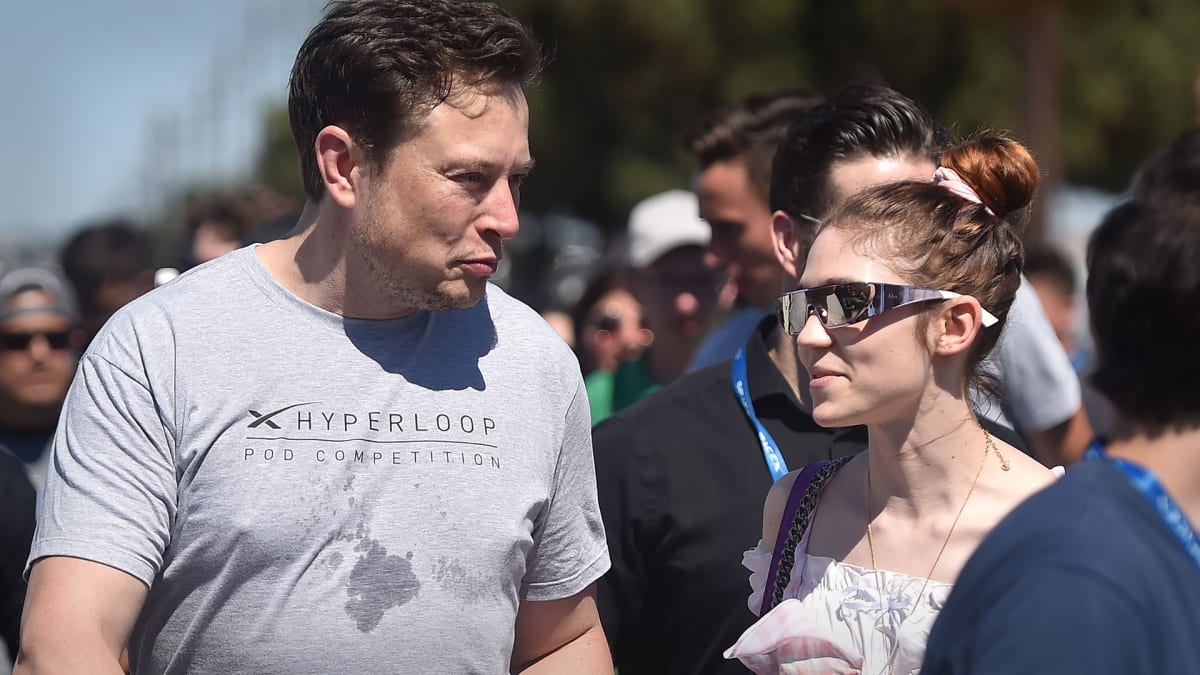
Elon Musk is notorious for not sticking to his schedule.
The list of promises kept but with great delay by the billionaire entrepreneur is long. It includes all vehicles produced by Tesla.
They are often announced with great fanfare, but never available per the timeline given by Musk. Take, for example, the Cybertruck, the futuristic truck from the electric vehicle manufacturer. Announced in 2019, its production was to begin in 2021.
A year later, still no Cybertruck. The CEO of Tesla (TSLA) recently indicated that production should start in mid-2023. With Musk, it is possible that this timeline could move again.
From Oct. 31 to Nov. 30
The billionaire has once again stayed consistent with his track record. A week before a grandiose event promised for Neuralink, his company specializing in artificial intelligence, Musk has just announced that this event has been postponed by a month.
"Neuralink show & tell now on Nov 30," the tech tycoon posted on Twitter on Oct. 23.
He gave no further explanation.
The last few weeks have been very busy for Musk. He is finalizing the acquisition of Twitter for $44 billion after an incredible saga of six months full of twists and turns.
He held the Tesla AI Day at the end of September, and Tesla's third quarter earnings' call last week. He launched a fragrance and delivered an update to Full Self-Driving (FSD), Tesla's driver assistance system. The end of the year also promises to be busy as Tesla must start the production of its very first semi truck on Dec. 1.
Last August, Musk promised important announcements about Neuralink on Halloween night:
"Neuralink progress update show & tell on October 31 st (Halloween)," Musk said at the time, without giving further details
Of Musk's companies, this is the one we know the least about.
Elon Musk launched Neuralink in 2016. The company designs and installs brain-machine interfaces. The objective of this technology is to strengthen our cognitive abilities by interacting directly with the human brain. In Aug. 28, 2020, the billionaire and Neuralink tested their chip on a pig.
Gertrude
Gertrude is a young sow which is at the center of these tests. She is equipped with The Link, Neuralink's first brain-machine interface. The animal has had an 8 millimeter chip implanted in its brain, which makes it possible to observe cerebral activity.
For Musk, Neuralink will soon make it possible to save our memories, and potentially to download them into another body or into a robot. Its technology, the company said, should also provide a better understanding of neurological diseases. With Neuralink, we will probably also be able to stream music to our brains.
But the firm has fallen behind the competition. Synchron, which is developing its own brain-machine interface technology, obtained regulatory approval from the U.S. Food and Drug Administration in 2021 to test its chip on humans.
Synchron also conducted tests on four people in Australia. Unlike the Neuralink implant, the Synchron implant can be installed without having to open the subject’s skull. The purpose of this technology is to make life easier for paralyzed people, by offering them a way to control electronic devices with their thoughts.
Neuralink believed it could start its trials in 2022, but still does not have the necessary authorization. Faced with this situation, Musk is in talks with Synchron to invest in the company, according to several news outlets, citing anonymous sources.
The company is bleeding: Musk and Dongjin Seo, the implant engineer who is "designing computer chips to seamlessly connect human brains and machines," are the only ones of the eight founders of the startup to still be present. Former Neuralink CEO Max Hodak, who left his post in 2021, is now one of Synchron's investors.
In the absence of being able to experiment on humans, Neuralink has conducted several tests on animals. After a pig, the firm tested its technology on monkeys, a practice that had sparked controversy because some monkeys died as part of its testing. Neuralink disputed that it was animal cruelty.
"The use of every animal was extensively planned and considered to balance scientific discovery with the ethical use of animals. As part of this work, two animals were euthanized at planned end dates to gather important histological data, and six animals were euthanized at the medical advice of the veterinary staff at UC Davis [University of California, Davis Primate Center]," the company defended itself last February.







